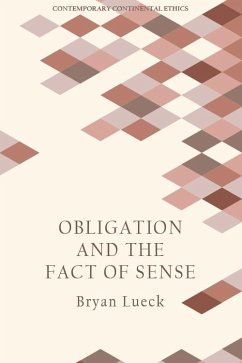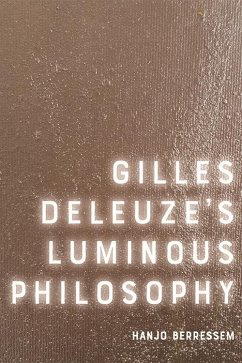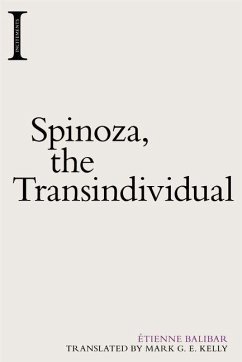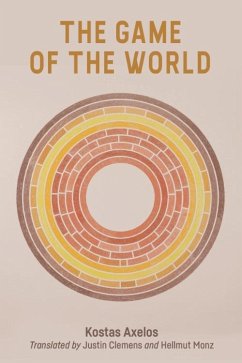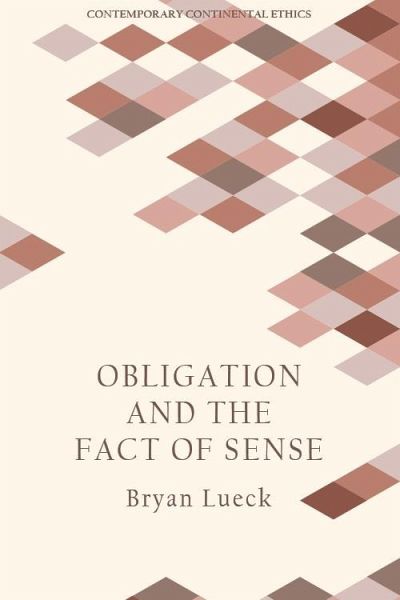
Obligation and the Fact of Sense (eBook, PDF)
Versandkostenfrei!
Sofort per Download lieferbar
0,00 €
inkl. MwSt.
Weitere Ausgaben:

PAYBACK Punkte
0 °P sammeln!
Staging a fruitful dialogue between the analytic and Continental philosophical traditions, while reflecting specifically on the work of Hegel, Merleau-Ponty, Serres and Nancy, Lueck offers a creative new approach to the problem of moral obligation. Lueck builds on Immanuel Kant's fact of reason - the idea that being a moral subject necessarily presupposes ones having accepted the bindingness of obligation - to show that it must be rethought as the fact of sense.
Dieser Download kann aus rechtlichen Gründen nur mit Rechnungsadresse in A, B, BG, CY, CZ, D, DK, EW, E, FIN, F, GR, HR, H, IRL, I, LT, L, LR, M, NL, PL, P, R, S, SLO, SK ausgeliefert werden.




